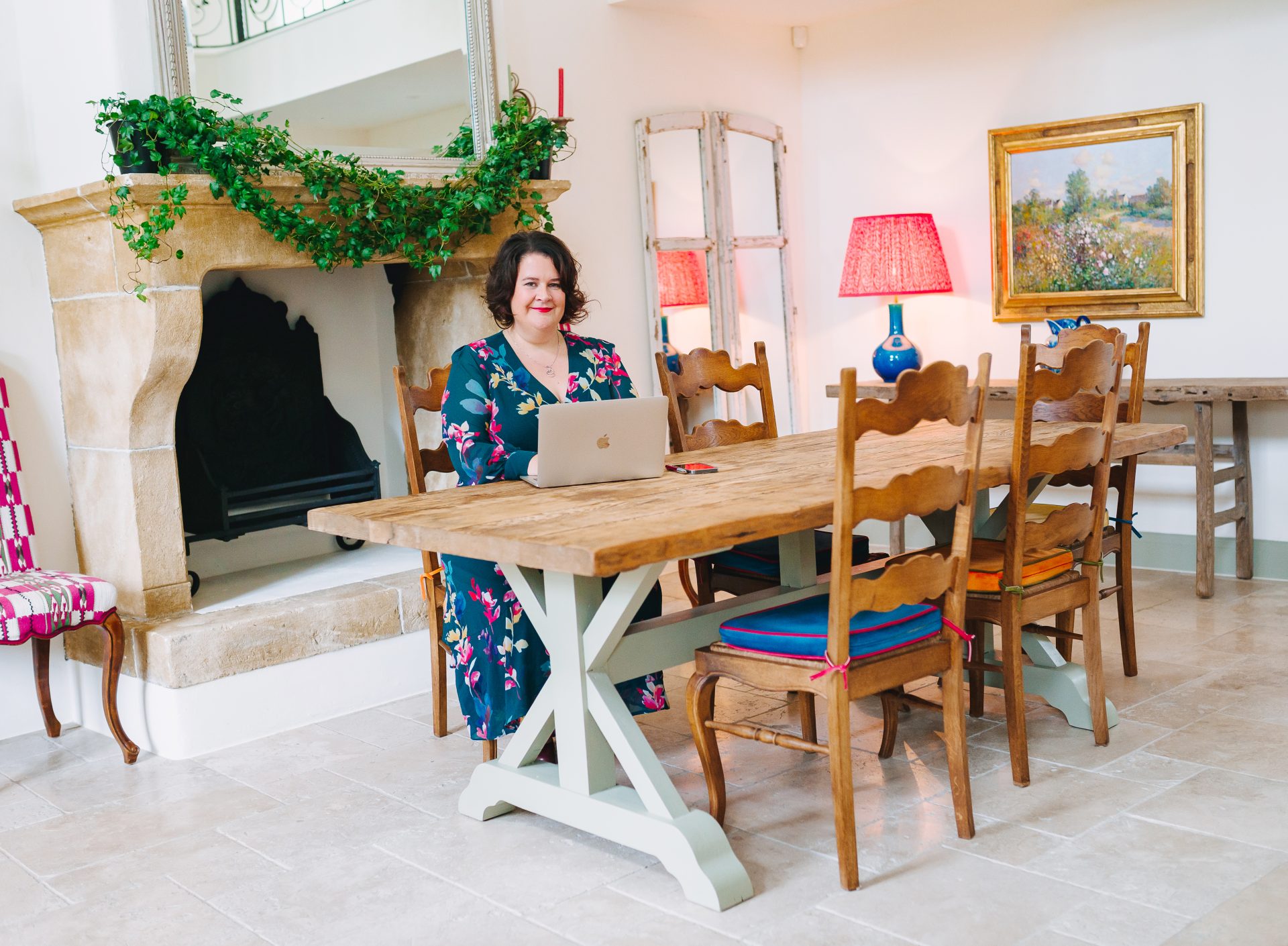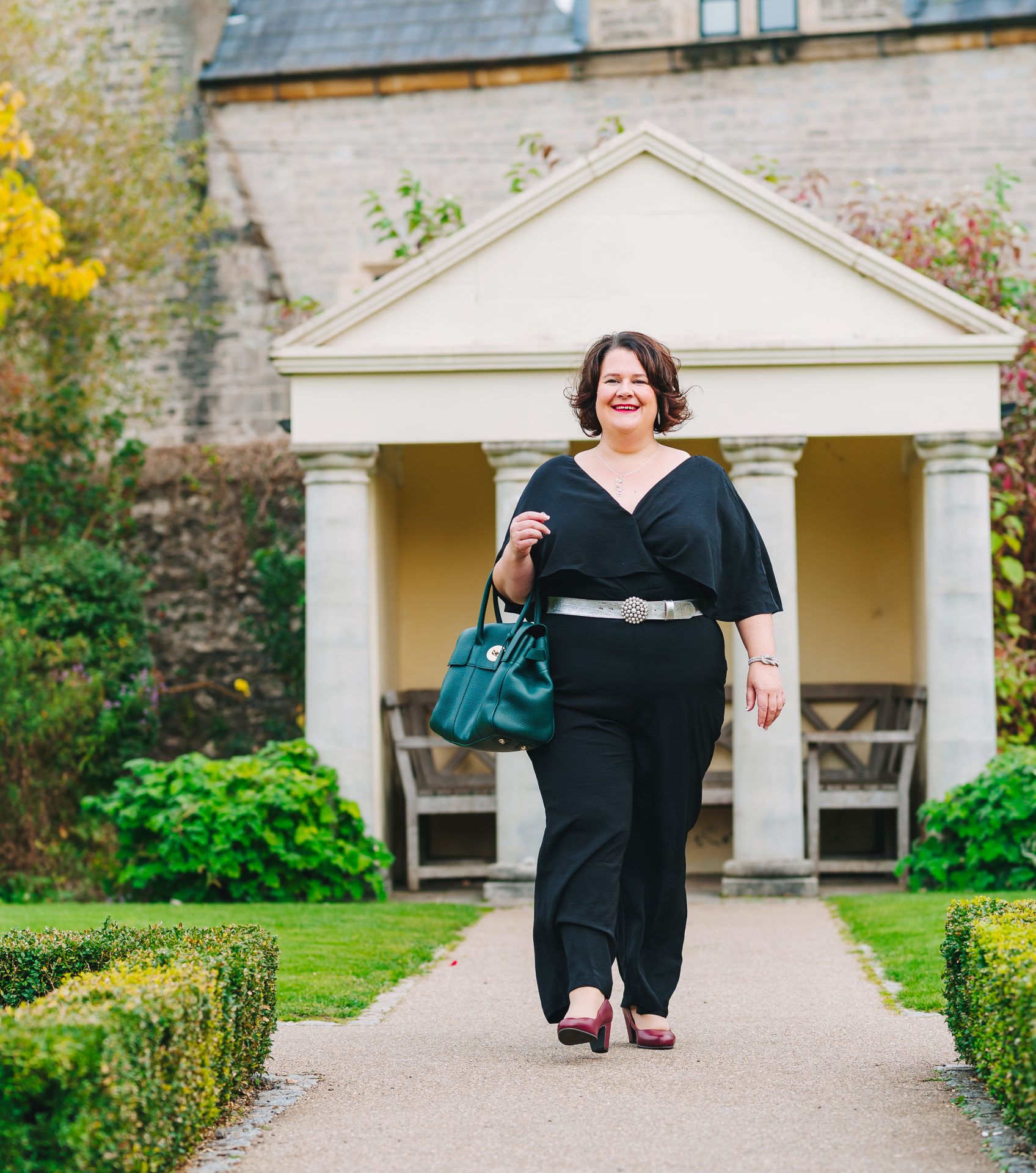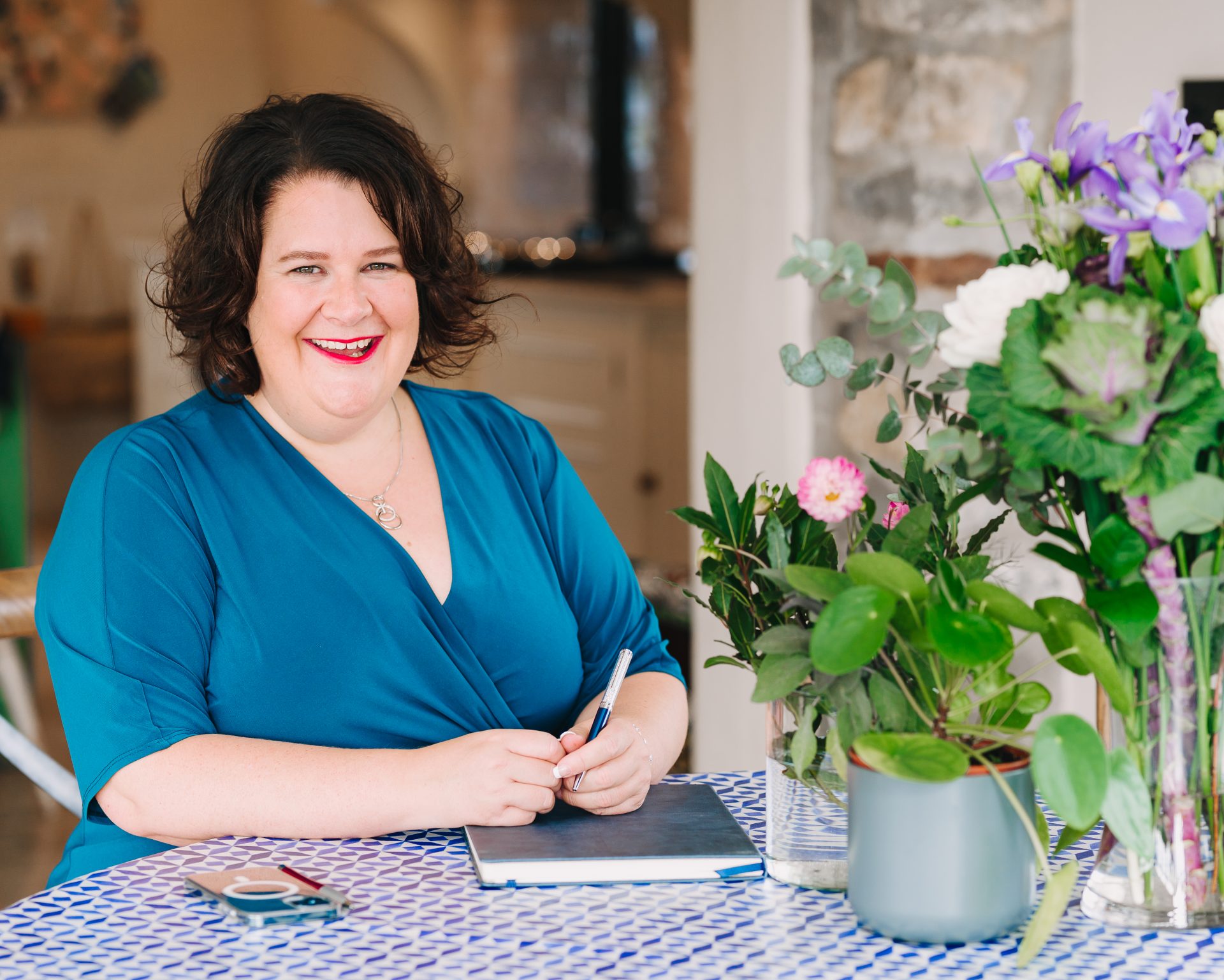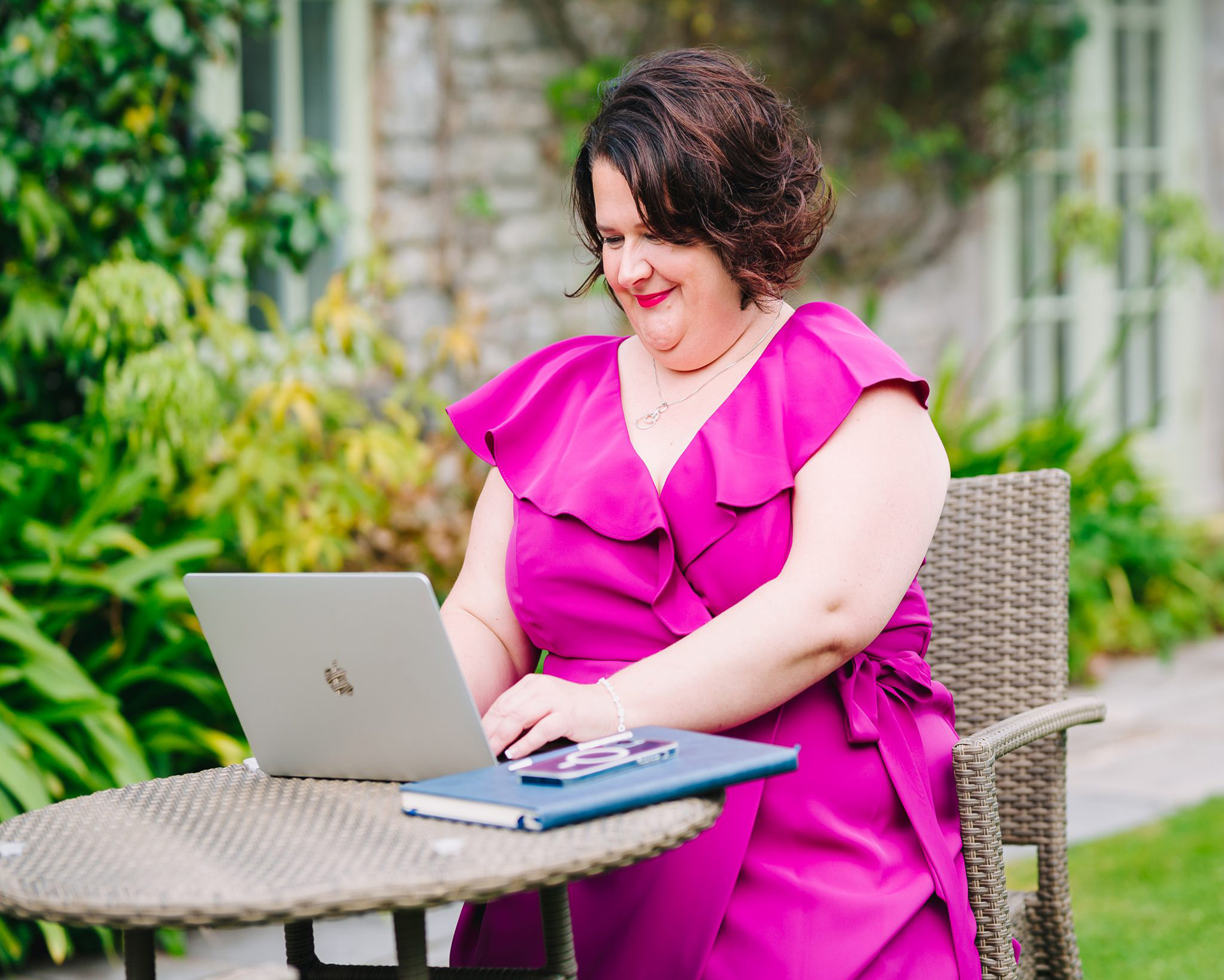Coaching Supervision

- Are you looking for ongoing development as a Coach?
- Perhaps you want a supportive place to reflect on your coaching practice?
- Maybe you want to pick the brains of a more experienced Coach?
- Want someone in YOUR corner YOU retreat to for support?
- Want a supportive place where you can bounce ideas around
- Do you know the value of creating time to think so you can do your best work?
What is Coaching Supervision?
“Coaching Supervision is a collaborative, reflective conversation in which a supervisor and supervisee [the Coach] explore the supervisee’s coaching work to help them grow, flourish and enjoy their practice as a Coach whilst also ensuring the quality and integrity of their work for their clients, the system they operate in (e.g. if they work in an organisation) and the coaching profession as a whole.” – (combined from various sources)
An overview of how Coaches might typically use coaching supervision:
A Supervisor’s focus is on helping the Coach develop a “reflective practice” leading to continuing professional development as a Coach, enabling the Coach to be the best Coach they can for the benefit of their clients. Supervision can be the place where you bring details of challenges in your coaching practice as a whole (e.g. trends you are noticing across a few clients) or any challenges with a specific client. You might want to use supervision sessions to discuss and reflect on a specific problem you’re supporting a client with – perhaps the work you’re doing with a client has hit a cord with you and has highlighted some of your own personal development work that you’d like to address or perhaps you’d simply like to mull over how best you might be able to help your client with their problem (two heads can be better than one and supervision enables you to take advantage of the prior experience/knowledge of your supervisor). You might like to consider the ways of working you have (the relationship itself) with a client – perhaps considering ways to improve the coaching relationship if it’s become challenging.

You might want to take time to reflect on your approach or plan of attack with a client in the next phase of their coaching with you. You might also use supervision time to bounce ideas, approaches and tactics around with your Supervisor. Maybe your Supervisor could share some new Coaching tools or approaches with you that you’ve not previously learnt or point you in the direction of some helpful resources you can read/study to further enhance your coaching toolkit. You can use the time to seek support with a business growth question, ethics, or boundaries. Perhaps your Supervisor might be able share a new skill or process with you or perhaps share a different way of thinking to help you get unstuck and past any blocks. It can also be hugely helpful to reflect on your successes in your coaching practice too so you can further build on these for the future!
Supervision can be a space for YOU too – a safe space to off load, process your emotions or get frustrations off your chest – as a safe space for you to decompress (it’s tough being a Coach sometimes!) and some say they find it lonely. It’s great to know you’ve got regular time with someone to talk about what you do (partners and family are not always best placed as they often “don’t get it”) and of course there is comfort in knowing someone’s got your back!
In short you can use supervision in any way you wish as long as it’s focused on your coaching practice and helps you be of best service to your clients and their results!
A Qualified Coach Supervisor is …
Coaching Supervisors are usually experienced Coaches who have demonstrable experience working with clients themselves (500+ hours) and are accredited by an accreditation body as a Coach (or in my case a Master Coach). They need to show they walk their talk! Supervisors will operate very much with ethics in mind and use a range of supervision methodologies to best support the Coach best serve their clients. Qualified Supervisors complete a Supervision qualification (usually over 7-9 months) accredited by the International Coach Federation (ICF), Association for Coaching (AC) or European Mentoring and Coaching Council (EMCC) – or in my case a course that was accredited by all 3!
What does Coaching Supervision allow you to do?
All good coaching supervision covers 3 functions:
- Normative: ensuring you are working in a competent and ethical way as a Coach. It offers a level of quality assurance to your clients and prospective clients that you have high standards (did you know that some corporates will only use Coaches who can evidence they have ongoing Coaching Supervision with a qualified Supervisor)
- Formative: to help refresh and develop your skills. theoretical knowledge, self-awareness etc so you become increasingly competent as a Coach (if offers continuing professional development – CPD)
- Restorative: a space and time for the Coach to consider their own emotional wellbeing and self-care. Ensuring their and their Coaching practice are kept healthy
Find out more below:
Work safely and effectively
In supervision you can privately share details of your caseload to gain insights and clear direction, so you’ll work more effectively. You’ll get practical support, such as time to review coaching contracts and bounce ideas around about how to best support your coaching client, explore methods\techniques that may best serve your client, and encourage different viewpoints and learn new ways of working. A supervisor is also able to help you to identify whether a client’s issues may be more suited for work with another type of practitioner (onwards referral) by helping you explore your scope of skills, knowledge and experience.
Reduce your blind spots
Even if you have years of hands-on coaching experience, you’ll still occasionally encounter gaps in your knowledge or blind spots. If is therefore always useful to reflect on your coaching practice and explore ethical dilemma or boundary issues that may arise and help you understand your own assumptions and perceptions and how these may be influencing how you’re approaching a situation. It may be useful to consider coaching relationships in a systemic context (organisational, social, economic etc) – this is particularly useful if you are a Coach within an organisation and thus subjected to biases and pressures from the organisation or company who have engaged you.
Grow your confidence and abilities
Every Coach, especially if you’re at the start of your coaching journey can feel pressure to get things right. While it is perfectly normal to feel out of your depth at times, having a dedicated space to explore your concerns and worries can be a source of great comfort. A Supervisor can coach you on specific issues to further your growth and can also offer reassurance, affirmation, opinions and constructive criticism aimed at developing you as a Coach.
Better understanding the dynamics of coaching relationships
As Coaches we can become impacted by the dynamics we create in any given relationship with our Coaching clients. These psychological undercurrents such as transference (where the feelings, desires and expectations of one person are redirected and applied to another) take place unconsciously but can affect our work as a Coach. Supervision provides a space for us to become more aware of these subtleties, understand their impact, and learn how to work with them.
Encourage self-care
Working with clients and holding a space for them, whilst rewarding can become draining. Supervision gives you space to vent your frustrations and talk about difficult relationships and challenges you are facing. Sometimes a client will say something that triggers emotions in us as a Coach. Supervision reduces the likelihood of your ‘stuff’ as a Coach interfering with the sessions which you are running for your Coaching clients. Talking things through can go some way to lightening the load and enable you to learn and explore self-care techniques to enable you to show up as your best self for your client coaching sessions.
Feel more connected
Being a Coach can foster feelings of isolation (particularly when you’re working alone and/or from home). Contact with a supervisor on a regular basis can be hugely welcome – whether that’s 1-2-1 support (i.e. between an individual Coach and a Supervisor) or group supervision (where as a Coach you are part of a group that come together on a regular basis with a qualified Supervisor). Coaching supervision can provide a tangible sense of belonging to a larger community. The frequency of your supervision sessions depends on a number of factors but is usually every 4-6 weeks, but it can be more frequent (the frequency is often determined by how often you are seeing clients and how many hours you spend coaching each month, the type of coaching you do, the audiences you work with, any requirements from your accreditation body/insurance, and your experience as a Coach).
How do you select a Supervisor?
As with coaching, any supervision relationship needs to be entered into on a considered basis. A ‘chemistry call’ with potential supervisees is often helpful to explore if we are the best fit. It might be that we agree to work together for an initial period prior to committing to a longer-term coaching supervision relationship. Some things to consider when selecting any Coaching Supervisor:
- Do they have a recognised qualification in Coaching Supervision?
- Do they have high ethical and professional standards?
- Do they have at least several years’ experience as a Coach?
- Can they show that they’re work has been supervised for an extended period?
- Can they work with different coaching styles and approaches?
- Do they stay current with developments in the field of coaching through CPD themselves (such as workshops, short courses and further education)?

Your Coaching Supervisor does not necessarily need to be trained in the types of coaching you do (e.g. Positive Psychology, Existential approaches, Systems coaching, Neuro-Linguistic Programming, Creating Your Future Techniques®, Myers Briggs, Energy work etc). It is essential they are trained to a high standard in Supervision though.
Which type of Supervision is right for me?
Typically, there are two types of supervision – group supervision or one-to-one supervision (Laura offers both).

One to One Supervision

